Publications
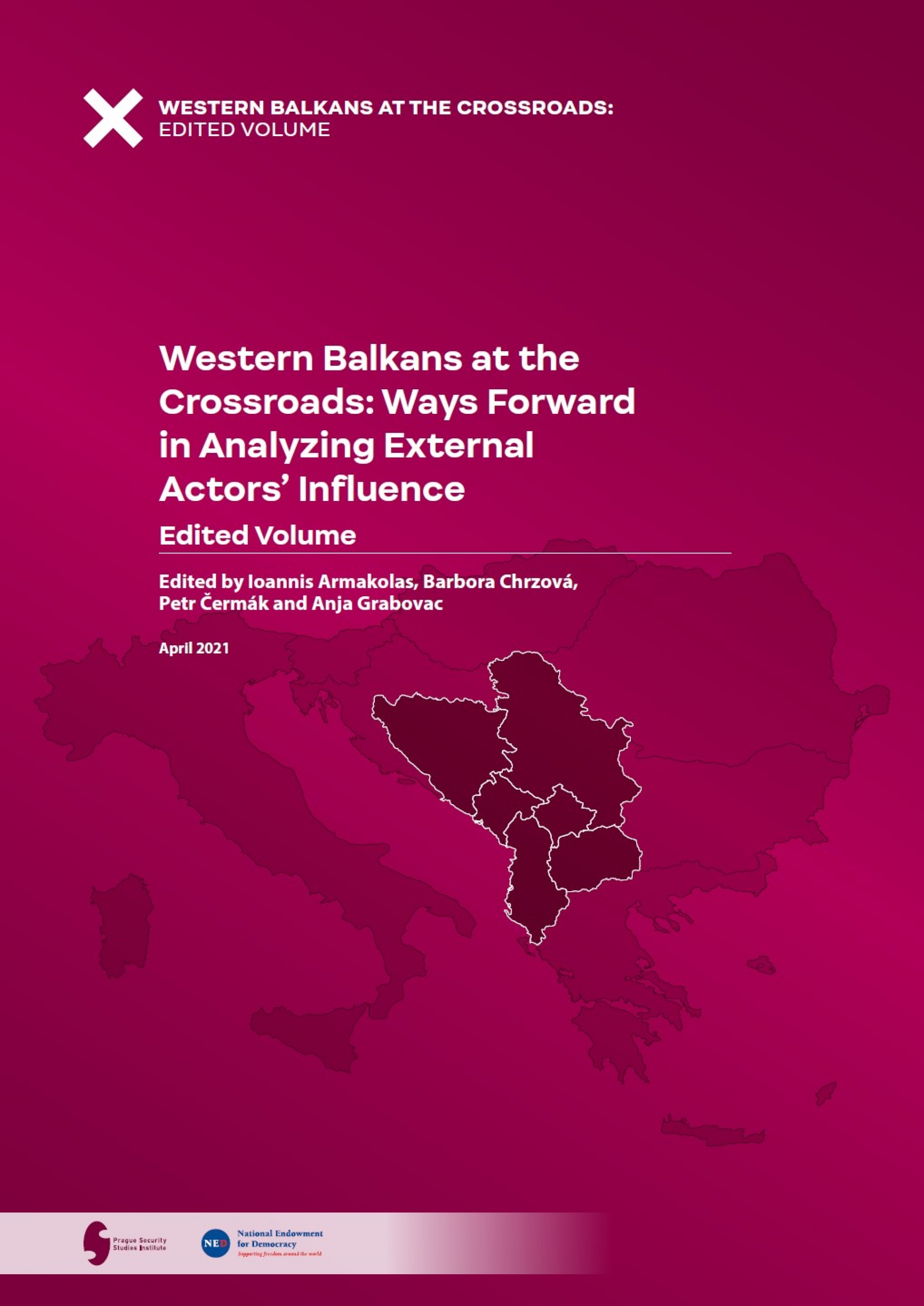
Information Resilience Program // Edited by Ioannis Armakolas, Barbora Chrzová, Petr Čermák and Anja Grabovac / 26 Apr 2021
Western Balkans at the Crossroads: Ways forward in analyzing External Actors' Influence
The final publication of the second phase of the Western Balkans at the Crossroads incorporates the project's fourteen analytical studies which have focused and analysed specific mechanisms of influence or various aspects related to the role of external actors' presences in the region. It is structured in four sections along broader topics identified as important but under-researched parts of the overall picture. The volume also encompasses a written reflection on the studies by Senada Šelo Šabic, and the concluding chapter written by Ioannis Armakolas.
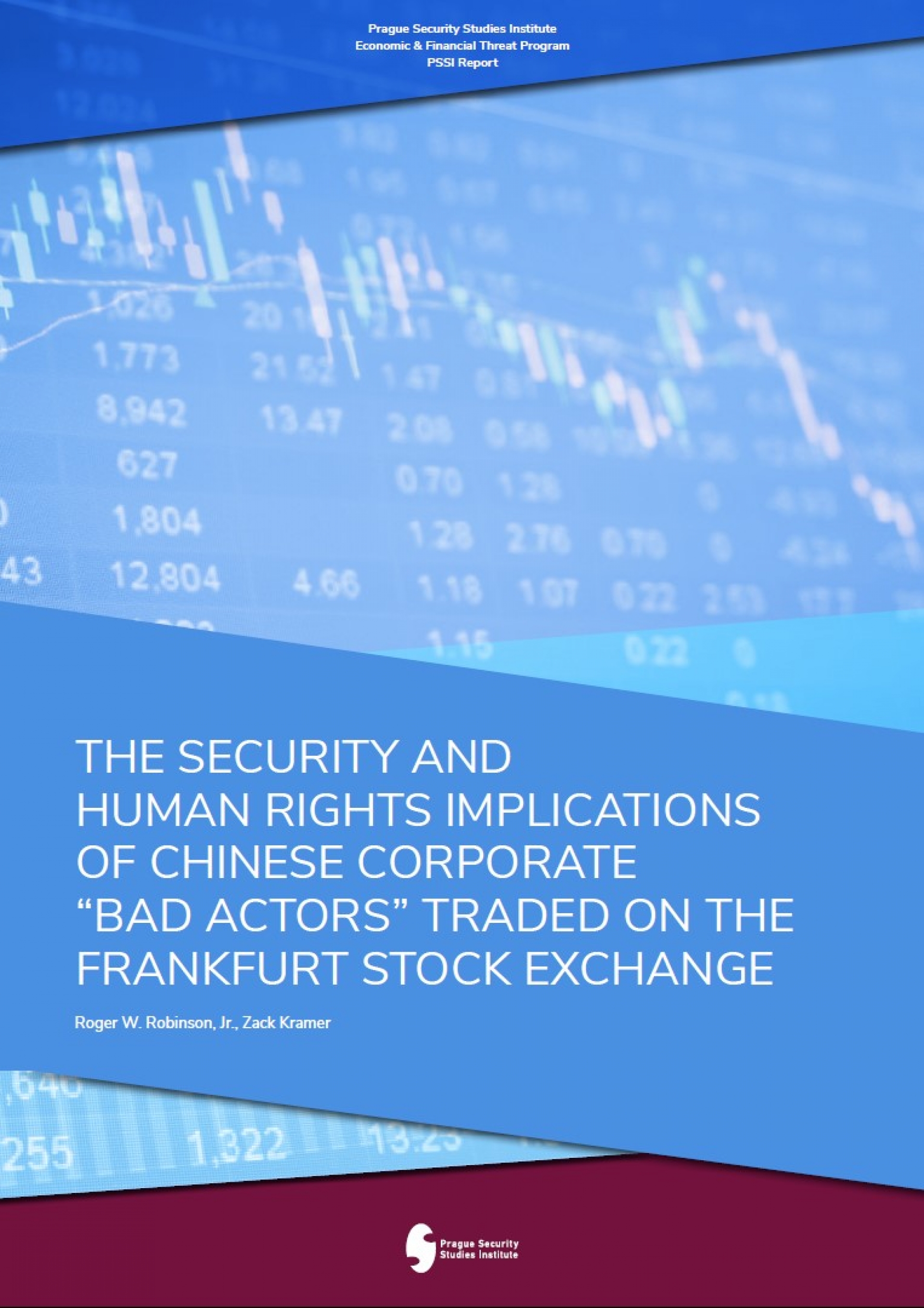
Economic & Financial Statecraft Program // Roger W. Robinson, Jr., Zack Kramer / 14 Apr 2021
The Security and Human Rights Implications of Chinese Corporate "Bad Actors" Traded on the Frankfurt Stock Exchange
PSSI’s Frankfurt Stock Exchange (FSE) report reveals that dozens of US-sanctioned and other Chinese corporate "bad actors" are presently traded on the Frankfurt exchange, including companies involved in national security and human rights abuses. It also treats how the US has set about addressing this same challenge and Beijing's potential efforts to thwart meaningful European remedial action in the language of the EU-China Comprehensive Agreement on Investment (CAI).
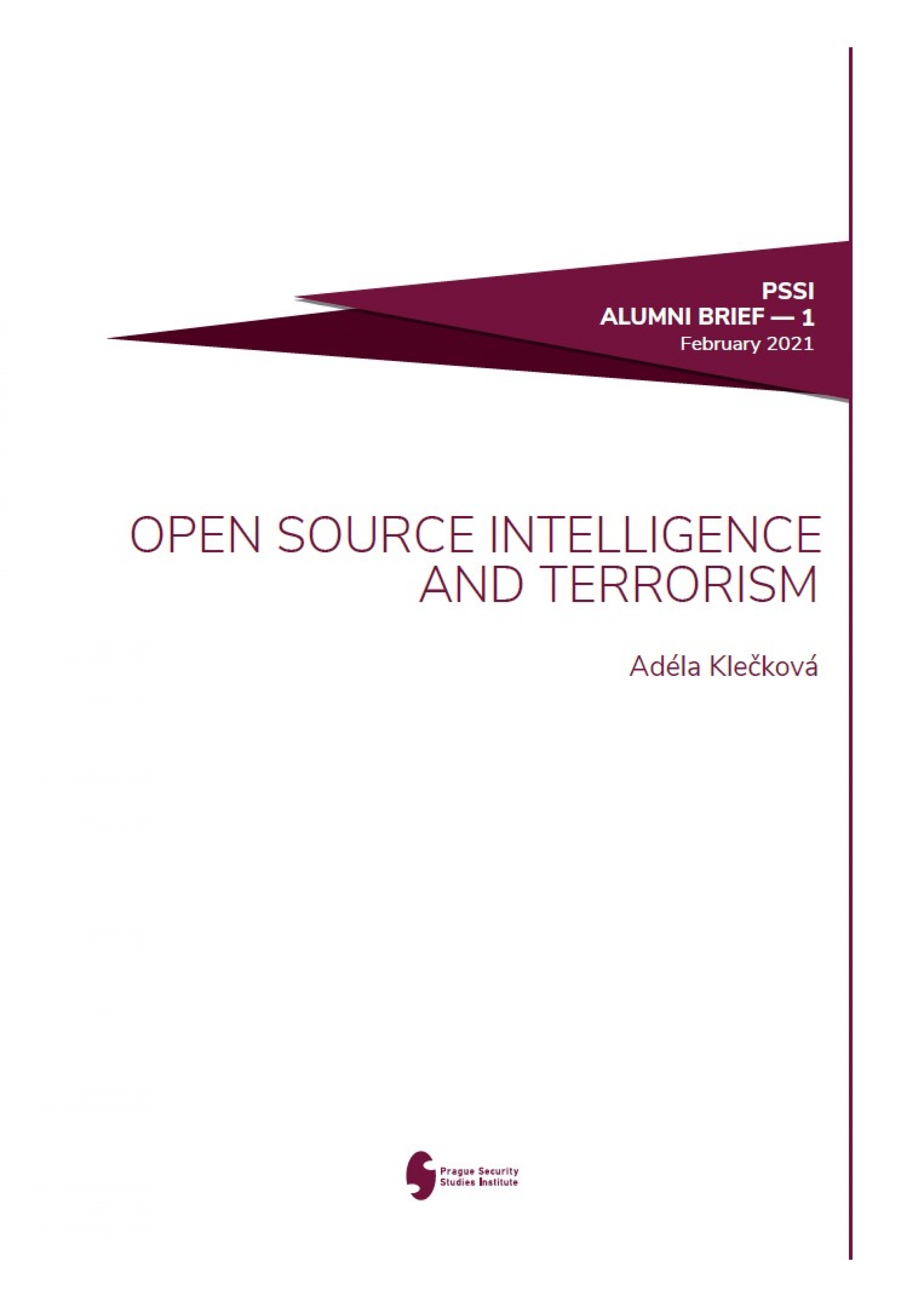
Security Scholars Program // Adéla Klečková / 19 Mar 2021
Open Source Intelligence and Terrorism
PSSI is launching a series of Alumni Briefs, composed of policy analyses/commentaries on current security issues prepared by the alumni of PSSI´s Robinson-Martin Security Scholars Academy, Cyber Security Academy, NATO Summer School, our former interns and colleagues. The goal of these Briefs is to inform and enrich public policy debate and official deliberations on these breaking issues.
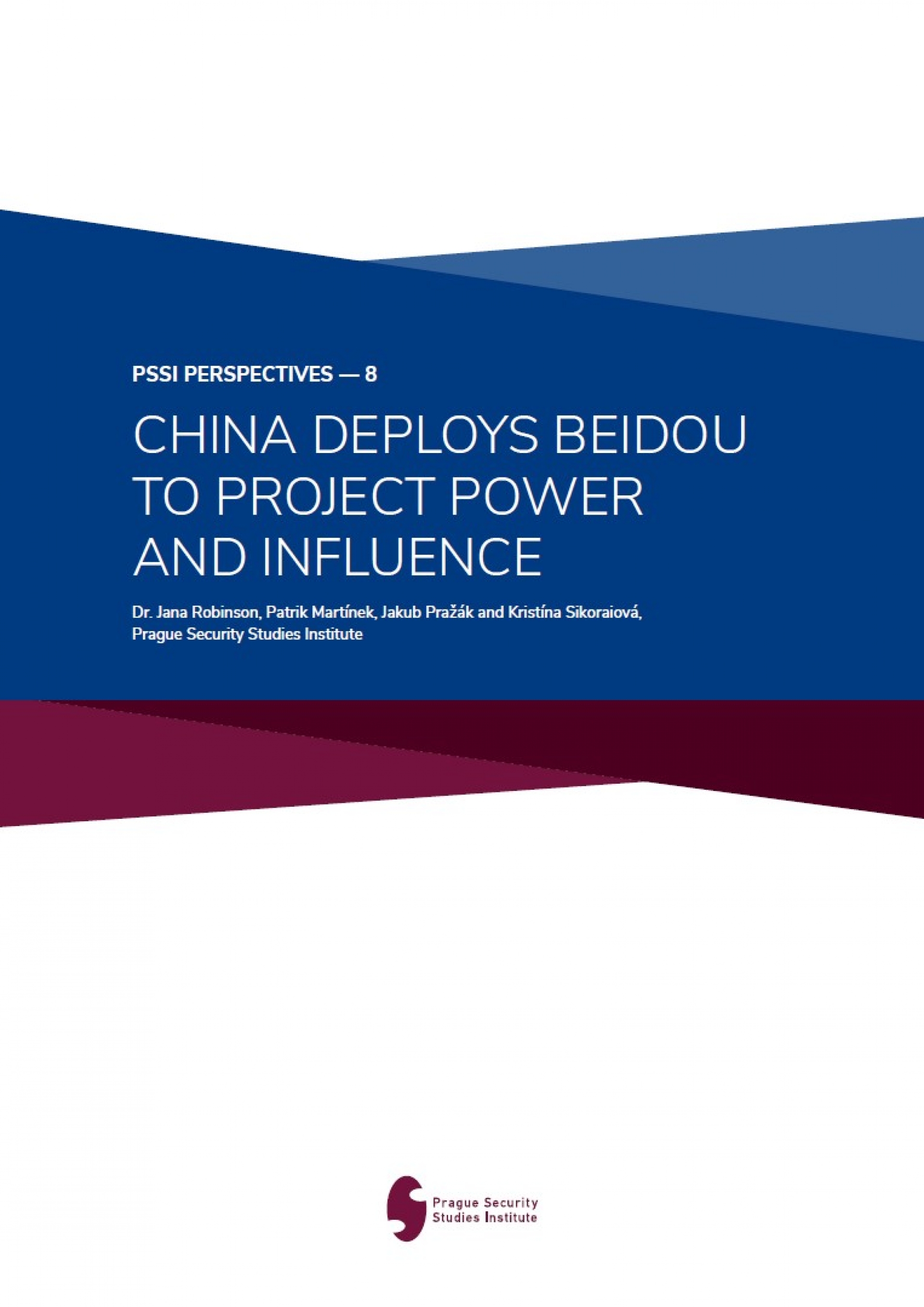
Space Security Program // Dr. Jana Robinson, Patrik Martínek, Jakub Pražák and Kristína Sikoraiová / 8 Mar 2021
PSSI Perspective #8 - China Deploys BeiDou to Project Power and Influence
PSSI Perspective #8 reviews how China leverages its economic and financial (E&F) strategies to project power and advance its regional and global economic, strategic and military objectives.
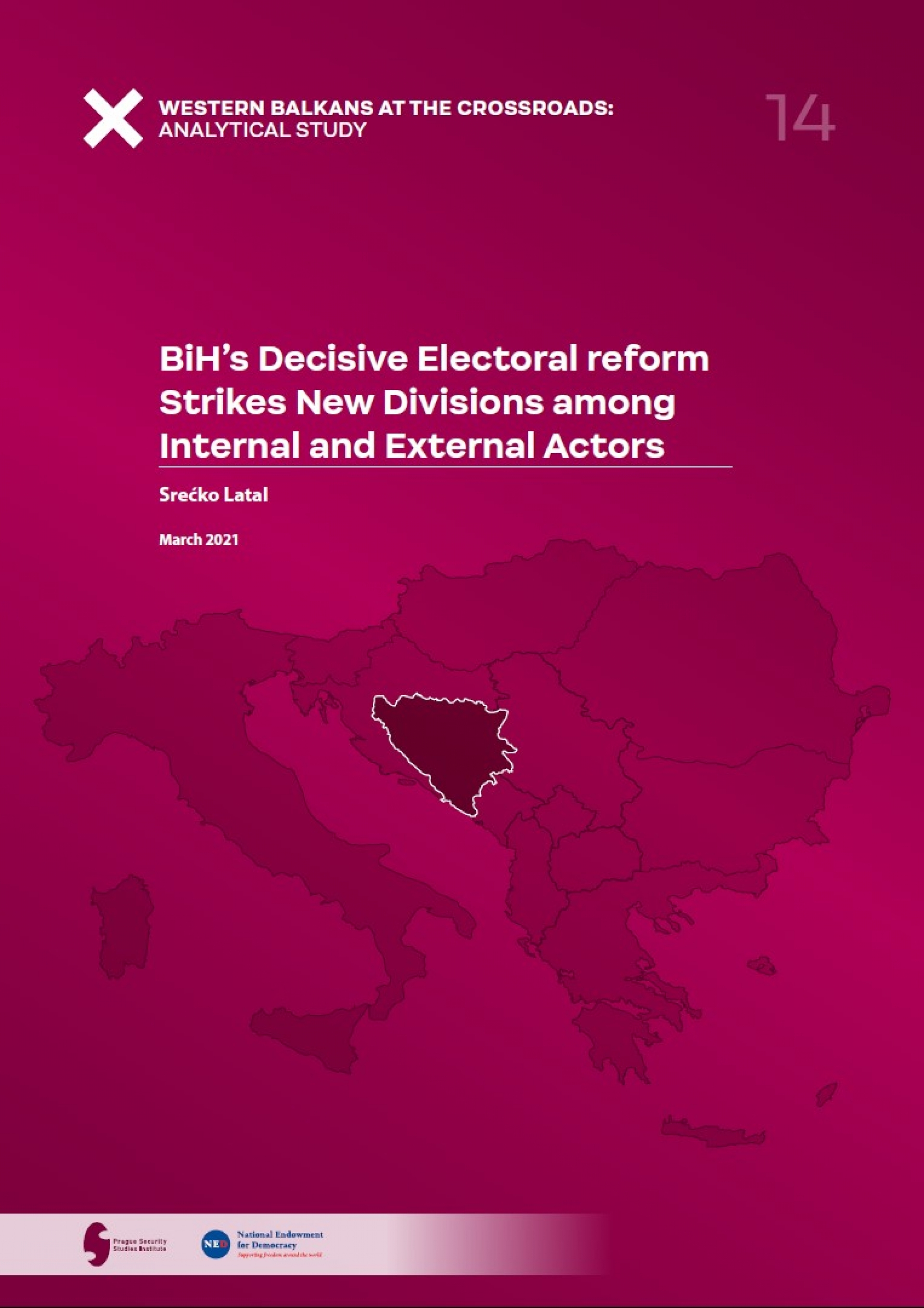
Information Resilience Program // Srećko Latal / 8 Mar 2021
BiH’s Decisive Electoral reform Strikes New Divisions among Internal and External Actors
The paper analyses the divergent positions and strategies of key actors on the eventual electoral reform of BiH’s defunct and corrupt electoral system and outlines its local, regional and international context. It focuses primarily on key internal and external actors, which are engaged in the on-going negotiations. The analysis shows that the different positions reflect different views, which the local ethnic groups and political parties have on BiH’s past, present and the future.
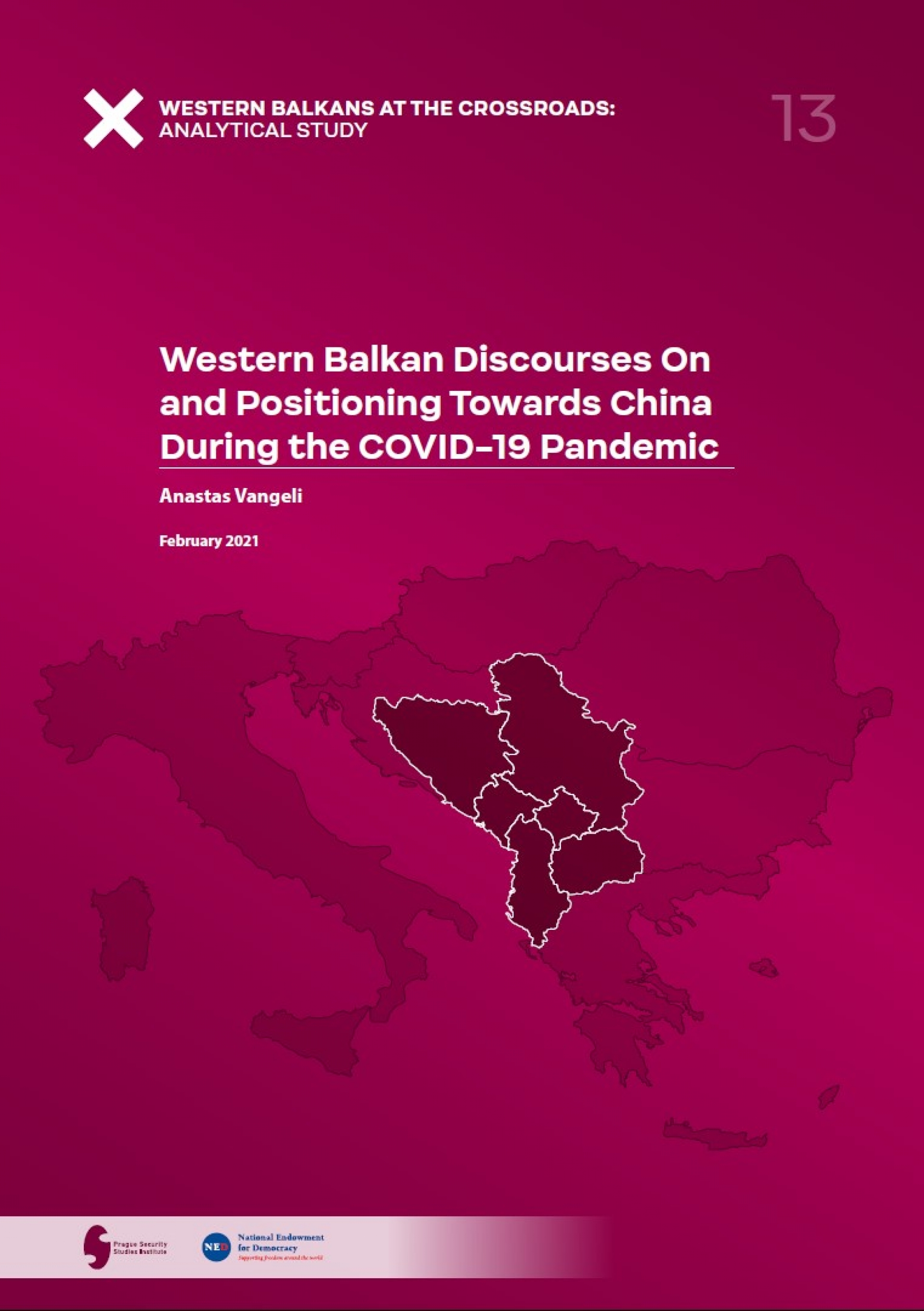
Information Resilience Program // Anastas Vangeli / 23 Feb 2021
Western Balkan Discourses On and Positioning Towards China During the COVID-19 Pandemic
This paper explores how discourses on China in the Western Balkans have been (re)shaped by the COVID-19 pandemic. Initially, China was seen through the prism of the chaos in Wuhan and global skepticism; in the “mask diplomacy” stage, it was seen as an external actor that could be a source of assistance or source of trouble (or both); and in the “vaccine diplomacy” stage, it has been seen as a partner in the attempt to immunize the population of the region against COVID-19. The paper also looks into variations across countries, and in particular the difference between Serbia’s approach of active opportunity-seeking, and the under-the-radar approach of other governments, which altered between opportunism and cautiousness.
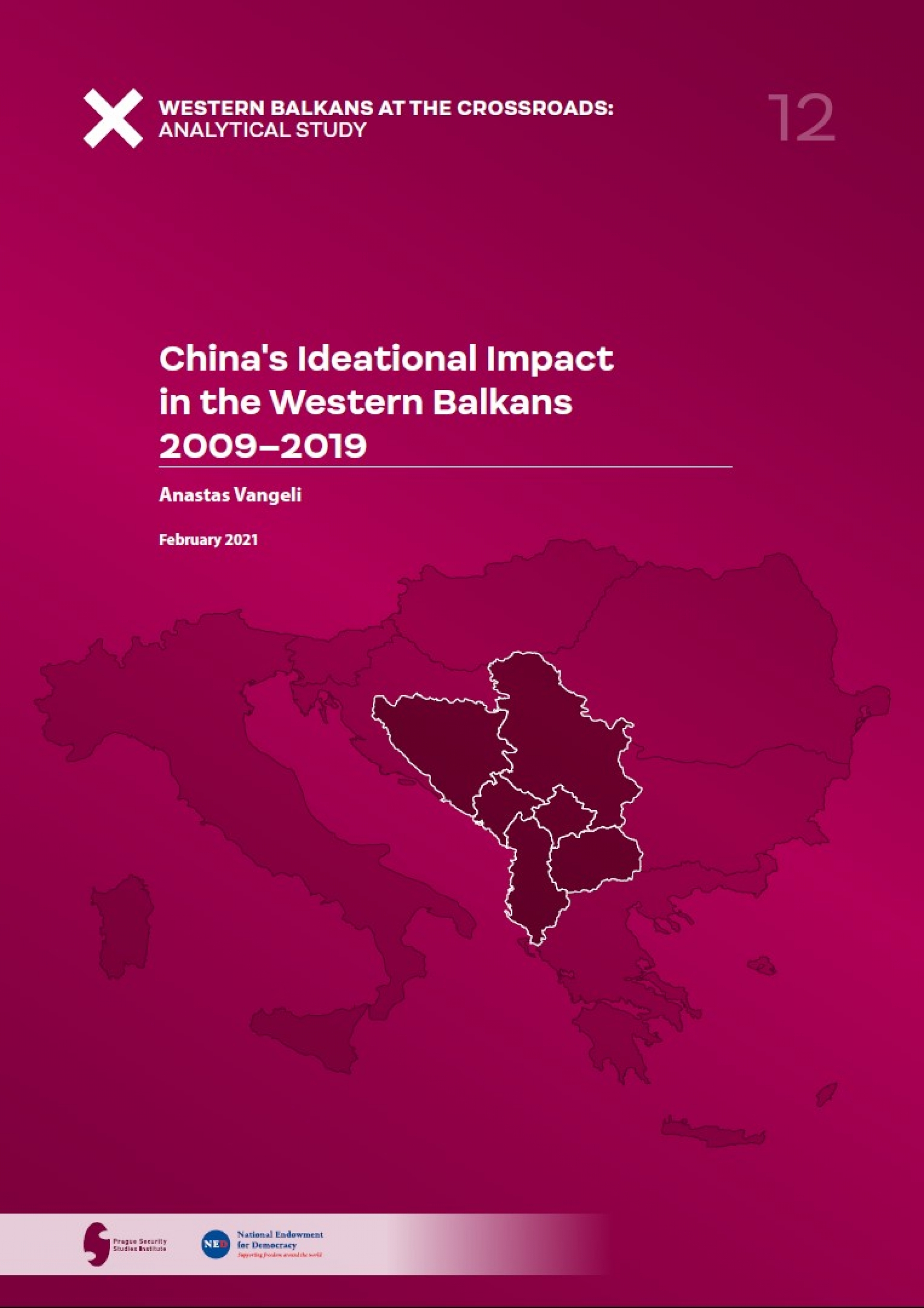
Information Resilience Program // Anastas Vangeli / 15 Feb 2021
China's Ideational Impact in the Western Balkans 2009-2019
The ideational changes induced by China's rise are part of a global trend that unveils across the planet and the Western Balkans is no exception. The paper shows that in the period 2009-2019 China has managed to affect the way Western Balkan elites think of China, but not to the extent Chinese actors originally aimed. While actors from the region have welcomed the idea of regional prosperity under a Belt and Road framework, they do not desire broader global transformations. Moreover, contrary to Beijing’s attempt not to get involved in domestic political debates, China has become an increasingly politicized topic due to both external and internal factors.
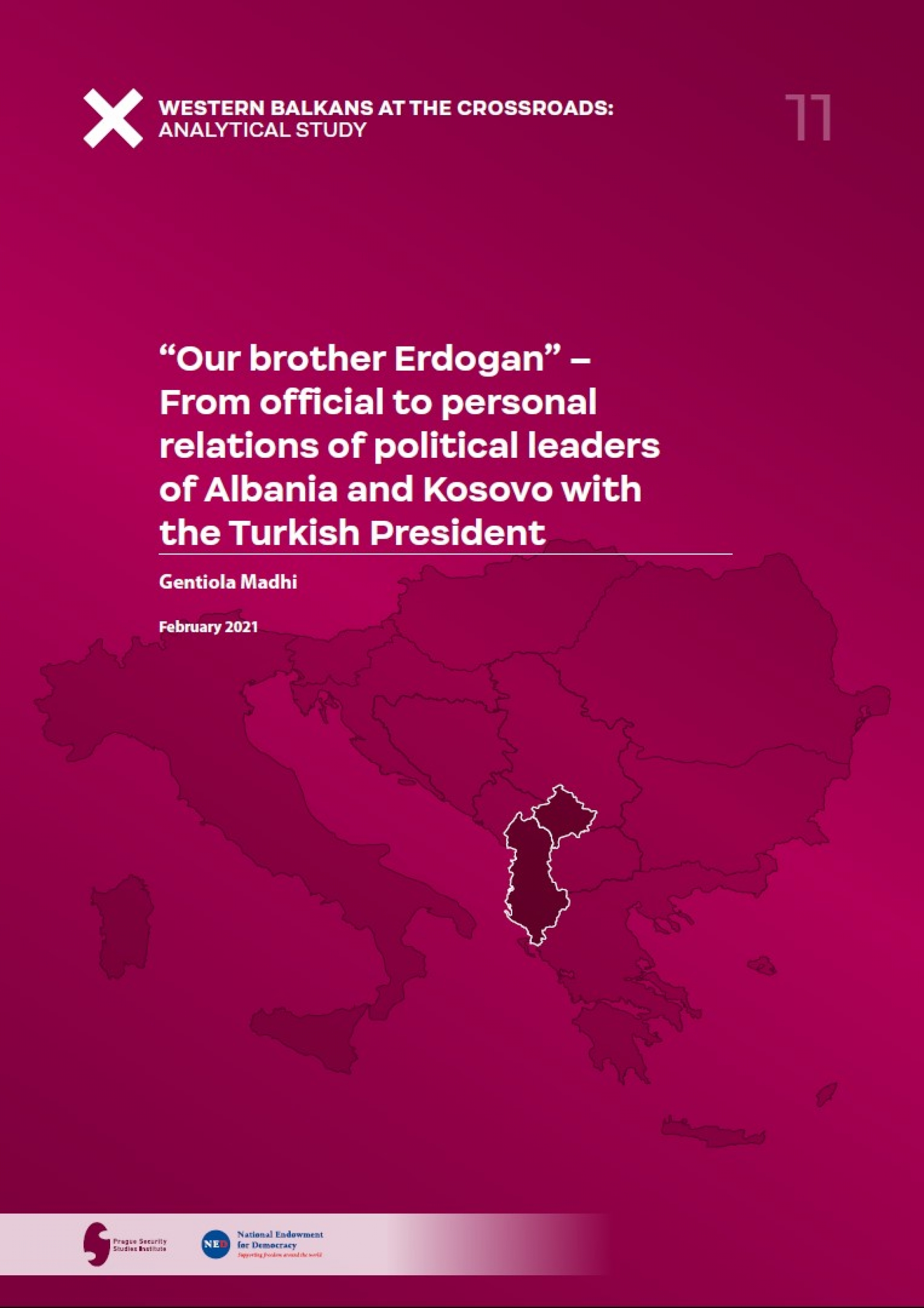
Information Resilience Program // Gentiola Madhi / 5 Feb 2021
“Our brother Erdogan” – From official to personal relations of political leaders of Albania and Kosovo with the Turkish President
The political rise of President Recep Tayyip Erdoğan has brought about a shift in the foreign relations that Turkey has with the Western Balkans. His focus has been on forging closer personal ties with the local political elites and on the so-called ‘personal diplomacy’. This paper focuses on the formation of personal relations between leaders of Albania and Kosovo with the Turkish President and its coexistence with traditional interstate relations.
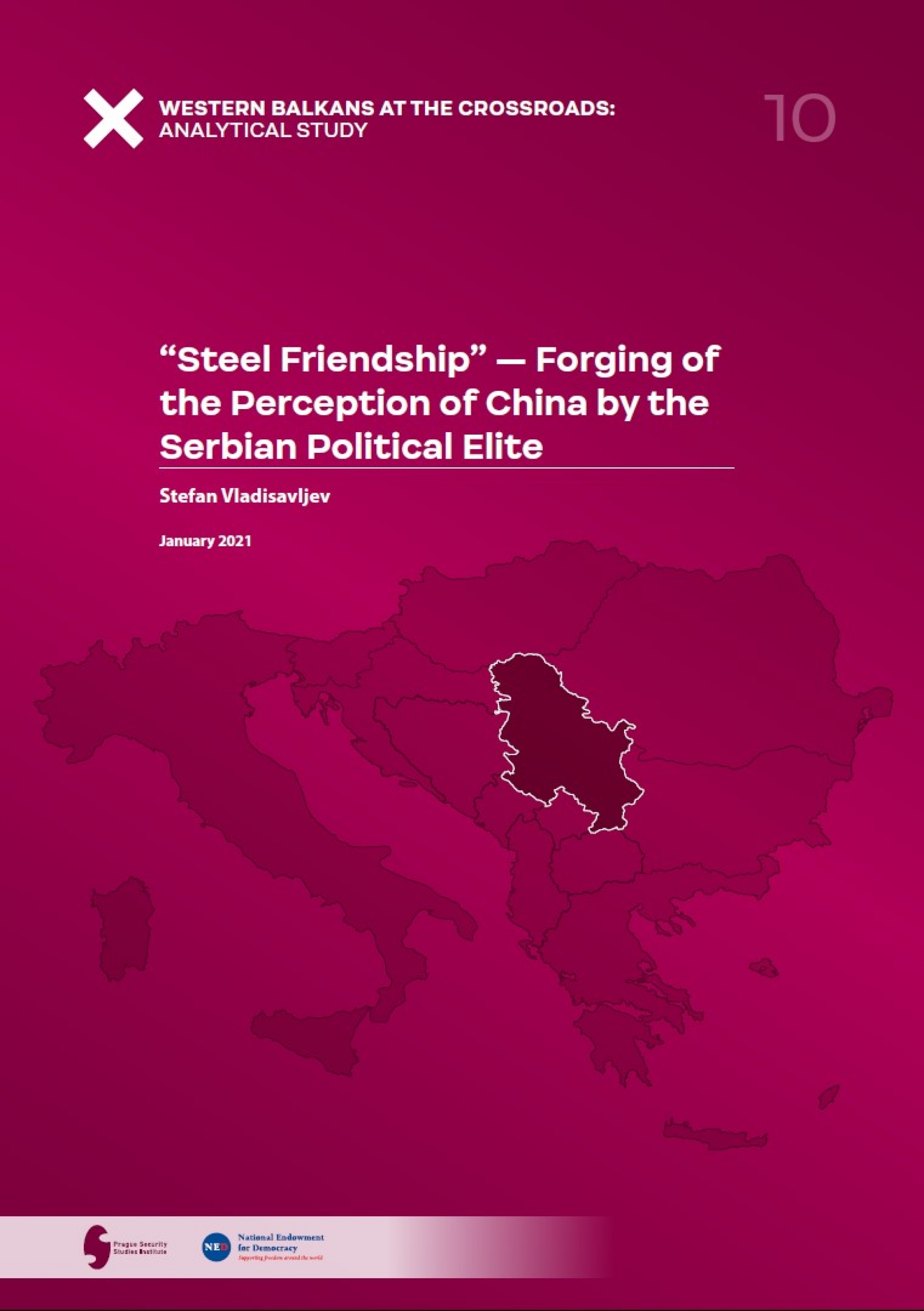
Information Resilience Program // Stefan Vladisavljev / 29 Jan 2021
“Steel Friendship” — Forging of the Perception of China by the Serbian Political Elite
The Chinese presence in Serbia has helped the current ruling party to consolidate its political power. This study focuses on the Serbian political elite, which is using China to gain political points and facilitate centralization of domestic political power through a presentation of the partnership as beneficial and positive to the Serbian public. In addition, this study identifies who the main Serbian actors promoting closer ties with Beijing are, and in what ways they use China to gain domestic political points.
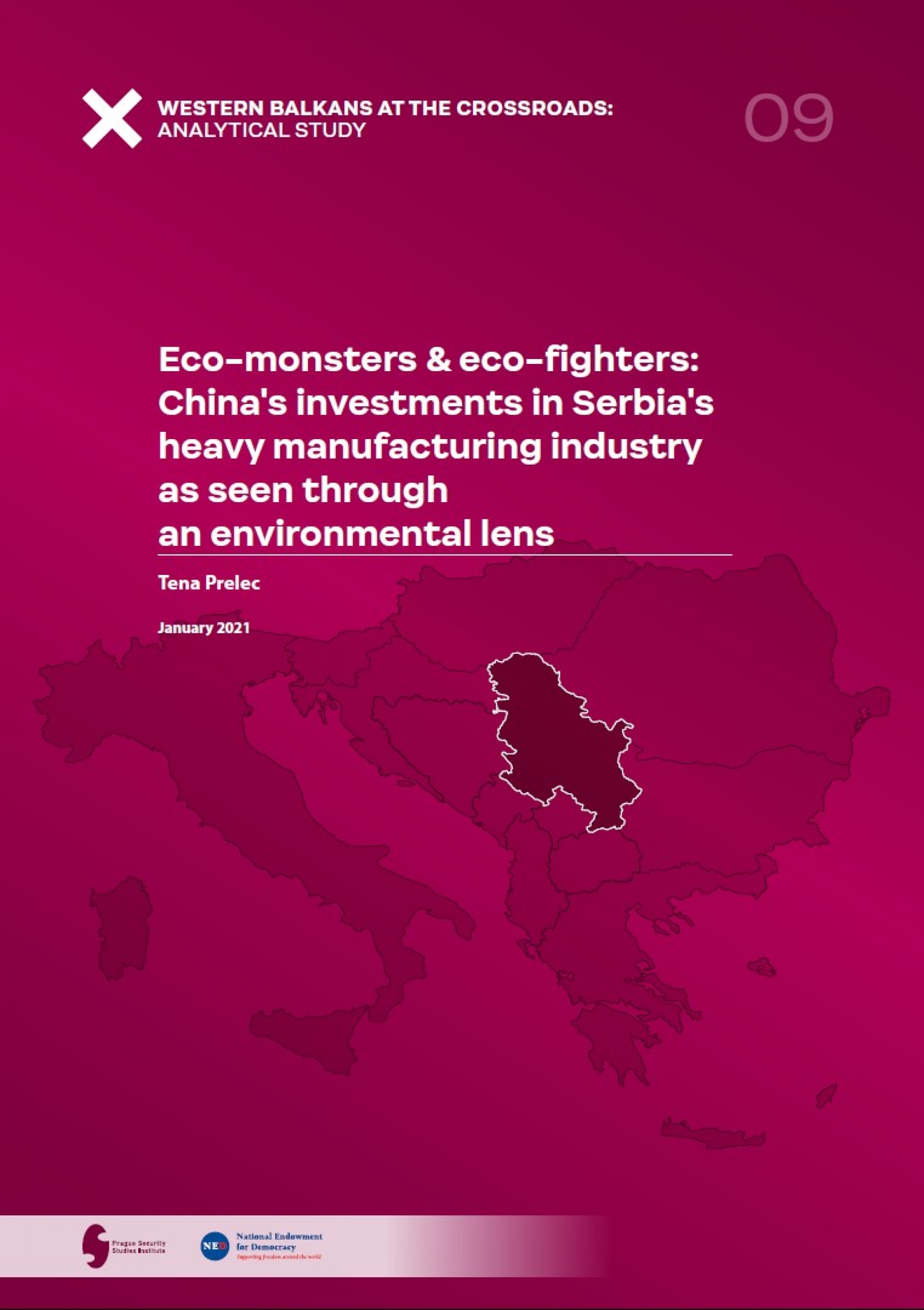
Information Resilience Program // Tena Prelec / 26 Jan 2021
Eco-monsters & eco-fighters: China's investments in Serbia's heavy manufacturing industry as seen through an environmental lens
In the past couple of years, China has become one of the key investors in heavy industry in Serbia. Chinese increased presence in the country has brought about a great deal of controversy and its largest investments have been accompanied by an increase in pollution levels, sparking great concerns among the local populations. Is the health hazard real or perceived, and who is to blame? The paper seeks answers to this question and analyses the ways by which environmental concerns, governance issues, and a ‘closed’ government are interlinked.